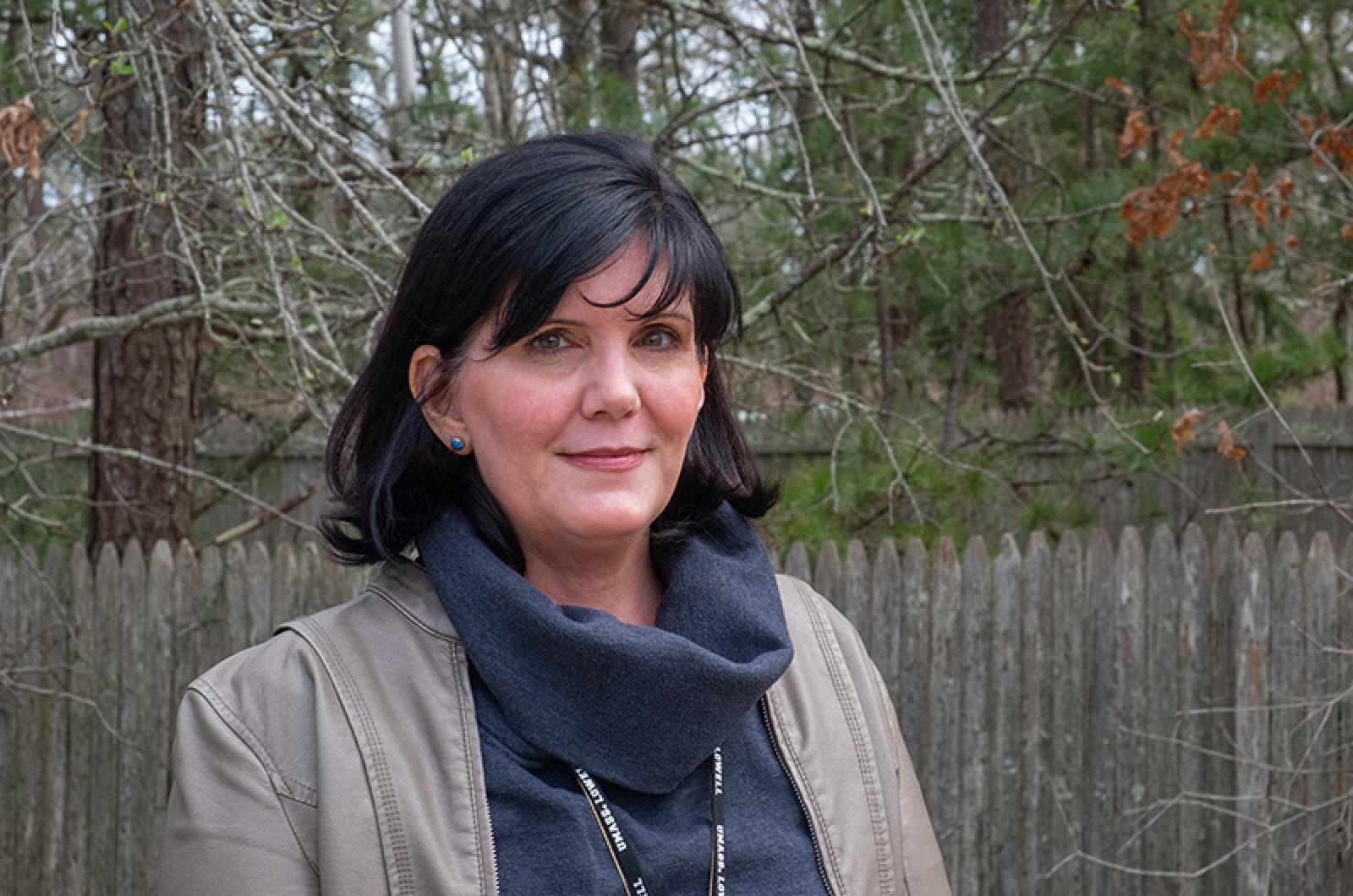The need for mental health counseling has been on the rise during the pandemic, said Jennifer Vogel, program director for the Island Counseling Center at Martha’s Vineyard Community Services.
“We’re seeing an increasing need due to loss of employment,” said Ms. Vogel. “The second most presenting concern is just fear and anxiety.”
The counseling center provides outpatient behavioral health and substance use counseling to thousands of Island families.
In a cruel twist, just when Islanders need counseling the most, face-to-face sessions can’t take place while virus control measures remain in effect.
Ms. Vogel said remote services began March 19.
Clinicians now work from home with laptops — some purchased with community donations — using the Zoom videoconference platform to meet their clients online.
But not all center clients are able to easily participate in these virtual appointments, or even hold telephone conversations, Ms. Vogel said. Senior Islanders encounter the most obstacles, including hearing loss and technical limitations.
“If they’re in the back woods of Chilmark and they don’t have internet, it’s challenging to reach them,” she said.
It can also be harder to engage children and adolescents remotely, Ms. Vogel said.
In addition to talk therapy and referrals, the counseling center also helps Island families in immediate need of food.
“The psycho-social stressors attached to income have been quite problematic for many families,” Ms. Vogel said. “We’re able to provide food resources right down to diapers and formula.”
The pandemic is challenging for the center’s staff as well, many of whom are experiencing their own stresses at home.
To help raise morale and keep staff members from feeling disconnected from one another, Ms. Vogel said the center is holding more regular staff meetings on Zoom.
“Once we began doing that more frequently, staffers are reporting they feel very connected,” she said.
For Islanders feeling pandemic stress, Ms. Vogel recommended reducing their daily diet of news media to two doses a day.
“Hearing about this pandemic repeatedly can be very upsetting and increase anxiety and fear,” she said. “Taking a break . . . can be helpful.”
Other coping strategies Ms. Vogel recommended include getting regular exercise — even if it’s just a short walk — and making time to enjoy pleasurable activities such as reading and games.
Making and keeping a strict schedule is also very helpful for families as well as people working at home, she said.
It’s time to get help when someone is experiencing certain emotions or behaviors several days out of the week, she said.
Feelings of numbness, anxiety and fear; changes in appetite, weight, sleep and energy; nightmares, night terrors, worsening health problems, and sadness that interferes with daily life are all signs that a person is in distress, Ms. Vogel said.
Help is available by contacting the counseling center at 5008-693-7900, extension 290, or for more urgent care extensions 241 or 247, she said.
The Community Services website also has a Covid-19 link to food resources and other supportive services, Ms. Vogel said.
“We can recover from this if we just take care of ourselves and take care of our neighbors,” she said.







Comments (1)
Comments
Comment policy »